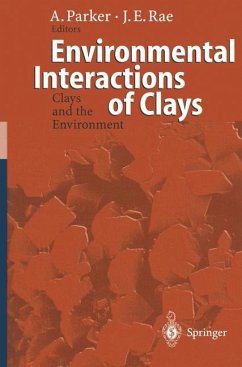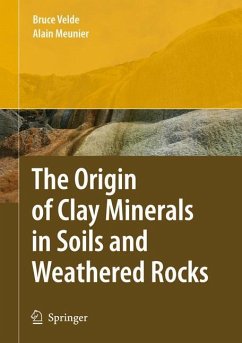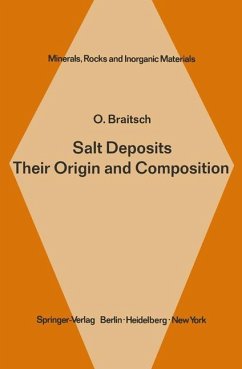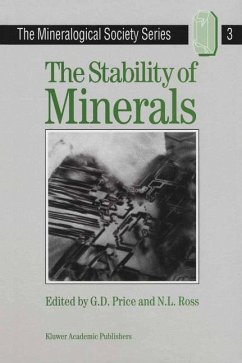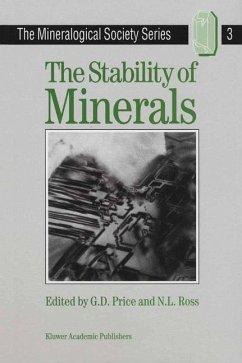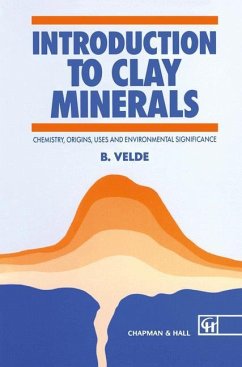
Clays

PAYBACK Punkte
32 °P sammeln!
Here is a comprehensive and up to-do-date presentation of the origins, and properties of clay minerals at the Earth´s surface. The text reviews the relatively simple laws that govern the chemical or isotopic composition and the crystalline structure of clays, and then discusses their genesis and alteration. Concluding chapters show that clay minerals can form in variety of different environments: meteorites, lavas, subduction zones, among others.
This book is about the most complete work on the subject of clay minerals thus far conceived. Its scope is one of basics to general principles to use in real geologic situations. In principle any student, advanced student or casual researcher, should be able to ?nd an answer to almost any question posed. The breadth of knowledge presented is truly impressive. This presentation is especially important at present when the study of the most abundant minerals found near the Earth's surface, clays, appears to ?nd disfavour with students and Universities. In fact we have never before needed such an encyclopaedic work to strengthen the discipline. At present when Earth sciences are slowing in popularity, the need for a precise and general education in the study of clay minerals is greater than ever before. Curiously the study of the environment, those materials found in the sphere of biological activity, is more relevant than ever. The natural progress of human activity through the age of science and then industrial activity up to the present stage of the post-industrial era has been marked by an increasing use of the Earth's surface resources. The steady increase of the human population has called upon the natural resources of the surface in a non-linear manner. In the pre-industrial era agriculture and industry was concerned with the basic subsistence of populations. In good years there was enough to eat and in bad ones not enough.



